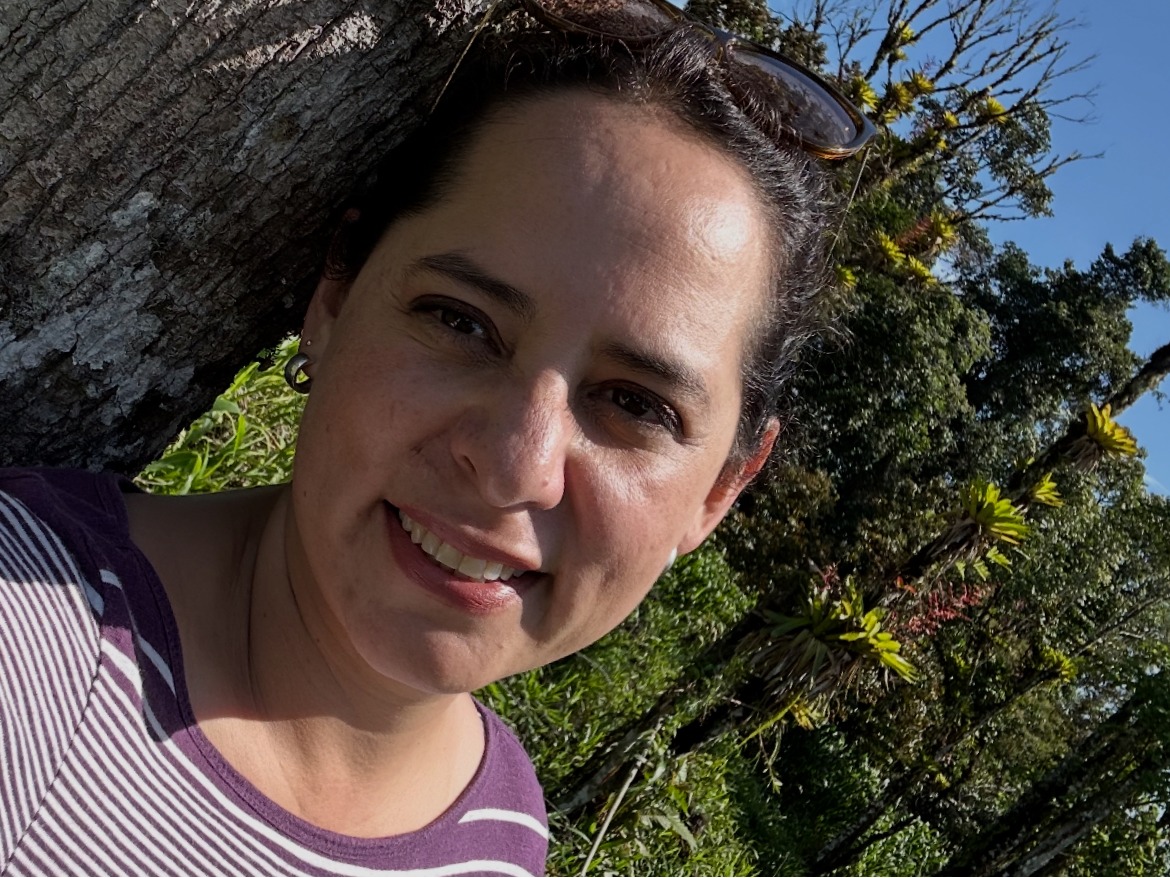Focused on Chile, Colombia, Ecuador, and Peru, the research led by four universities of the Hemispheric University Consortium (Pontificia Universidad Católica de Chile, Universidad Peruana Cayetano Heredia, Universidad de los Andes in Colombia, and Universidad San Francisco de Quito in Ecuador) is part of the HUC Seed Fund. The study will analyze diagnostic methods used to detect vector-borne diseases in dogs, with the goal of improving detection and surveillance of these conditions, which could eventually impact human health.
Academics from various Latin American universities are in the early stages of developing a study on canine diseases, funded by the HUC Seed Fund, a seed grant from the Hemispheric University Consortium (HUC), an alliance comprising 14 universities across the Americas. The research aims to enhance the detection of vector-borne diseases in dogs to prevent potential transmission to humans, while also expanding knowledge and literature on these often overlooked diseases.
With an innovative approach, researchers from Chile, Colombia, Ecuador, and Perú will collaborate to standardize diagnostics, compare molecular results, and train local teams. The initiative seeks not only to protect animal health but also to establish an early warning system benefiting communities under the One Health paradigm.
The research team consists of:

Cristián Álvarez
Pontificia Universidad Católica de Chile
Principal investigator, coordinator of diagnostic method reviews and workshop organization. Responsible for molecular pathogen analysis in Chile.

Cusi Ferradas
Universidad Peruana Cayetano Heredia, Peru
Coordinator of laboratory protocol standardization. Responsible for molecular pathogen analysis in Peru.

Augusto Valderrama Aguirre
Universidad de los Andes, Colombia
Coordinator of data analysis and diagnostic training. Responsible for molecular pathogen analysis in Colombia.

Verónica Barragán
Universidad San Francisco de Quito, Ecuador
Coordinator of diagnostic method surveys in Ecuador. Responsible for molecular pathogen analysis in Ecuador.
Methodology and Expected Outcomes
The research will analyze diagnostic methods for vector-borne diseases in dogs across Chile, Colombia, Ecuador, and Peru. The study will focus on identifying the serological and molecular techniques used in these countries, as well as the results of such analyses.
A key motivation for this work is the zoonotic risk of these diseases—their potential transmission to humans. Experts emphasize the importance of accurate diagnostics in dogs to prevent spread and improve epidemiological surveillance in the region.
To achieve this, a thorough literature review will be conducted to analyze and compare published studies on diagnostic methods for vector-borne diseases in dogs. This will help evaluate challenges and differences in diagnostic practices across the study countries, with the aim of proposing standardized regional protocols.
Methodologically, the research will include a pilot study applying unified molecular analysis in all four countries to identify pathogens and compare results. Additionally, a regional training workshop on Polymerase Chain Reaction (PCR) diagnostic techniques will be held for researchers and students.
HUC Seed Fund
In 2024, the competition and selection process took place for the ten projects to be developed in 2025, focusing on Public Health, Climate Change and Sustainability, Entrepreneurship and Technology, and Innovation in Education. The winning teams include academics from at least two of the 11 universities in the HUC consortium.
Regarding the funding received for this research, Cristián Álvarez from UC Chile stated: “Funding is crucial to consolidate collaboration among researchers from different countries, as it covers coordination meetings, molecular analysis supplies, and training activities like the PCR diagnostic workshop. Without this support, implementing unified diagnostic protocols and generating comparable regional data would be far more challenging.”
To foster collaboration among higher education institutions in the Americas, the Hemispheric University Consortium (HUC) has developed initiatives like the Seed Fund to enhance education quality and scope, while promoting research and innovation among its member universities.


